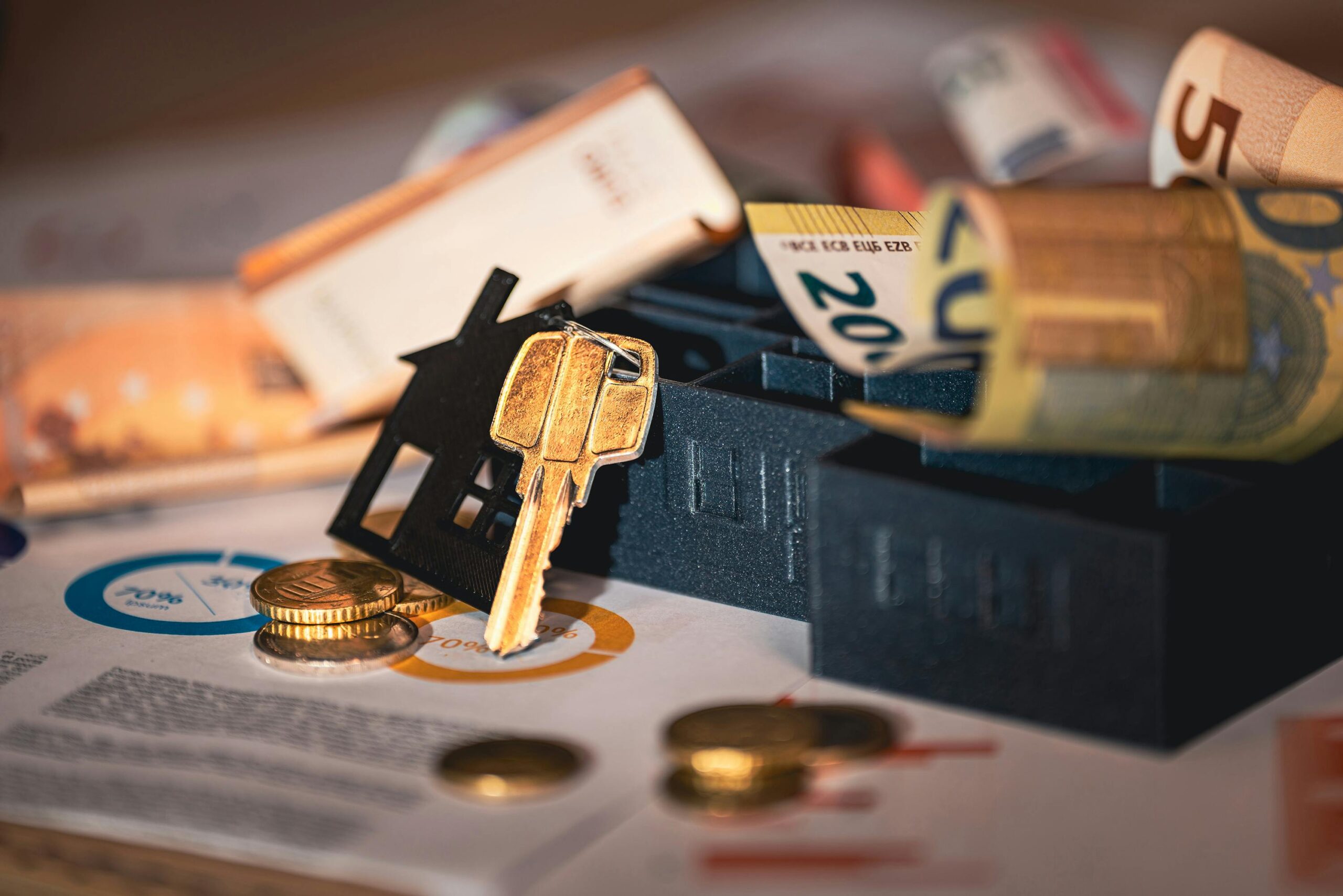When you inherit a property, the emotional weight of loss often mixes with the practical responsibilities of handling the estate. One of the biggest questions heirs have is how capital gains taxes work when selling the property. Understanding these tax rules can help you avoid surprises and make smart financial decisions, especially if you want to sell my house fast or avoid investing more money in repairs. With the right information, the process becomes much easier to navigate.
Capital gains tax is a tax on the profit you make when selling a property for more than its cost basis. The cost basis is what the property is considered to be worth for tax purposes. For inherited homes, this value is usually determined at the time the original owner passed away. This is called the stepped up basis. Instead of using the price your loved one originally paid for the home, the IRS uses the fair market value at the date of death. This often reduces or eliminates capital gains tax for heirs.
For example, if your parents bought a home decades ago for a low price but it is worth much more today, you do not pay tax based on what they paid. Instead, the value is reset to the market price at the time you inherited it. If you sell the house shortly after inheriting it, there may be little to no capital gains tax owed. This is why many heirs choose to sell my house fast rather than hold onto the property and allow its value to rise further.
However, if you keep the inherited property for many years and its value increases, you may owe capital gains tax on the difference between the stepped up basis and the final sale price. This can become a concern for heirs who are unsure whether to sell quickly or wait. Many heirs decide to sell my house for cash shortly after inheriting the property to avoid future tax liability and ongoing maintenance costs.
Another factor to consider is the condition of the home. Inherited properties are often older, outdated, or in need of significant repairs. Some heirs cannot afford or do not want to manage repairs, especially when multiple family members must agree. Choosing to sell my house as-is can save time, reduce stress, and prevent conflict among heirs. Selling as is allows you to avoid spending money on renovations that may not increase the value enough to justify the cost.
When dealing with inherited homes, many families also want to settle the estate quickly to avoid ongoing property taxes, utilities, and insurance costs. These bills continue even if the home is empty. In these situations, selling to cash home buyers can be a smart option. Cash buyers offer a simple, fast transaction that eliminates the need for repairs, showings, or lengthy negotiations. This helps heirs move forward without dragging out the process.
People who buy houses for cash understand the unique challenges of inherited properties. They are familiar with probate, estate issues, and situations where multiple heirs need to sign off on the sale. Because they buy properties in any condition, they remove the stress of preparing the home for the market. This can be extremely helpful when the inherited property is dated, cluttered, or has been vacant for years.
Capital gains tax rules can become more complicated if the property was used as a rental after being inherited. In that situation, depreciation and rental income may affect your tax obligations. But for most heirs who sell shortly after inheriting, the stepped up basis keeps taxes manageable. Many families prefer a fast sale because it avoids the paperwork, bookkeeping, and tax reporting that comes with managing a rental.
Another important consideration is the emotional aspect of selling an inherited home. For many families, the property holds memories and sentimental value. These emotions can make decision making difficult, especially when heirs do not agree on repairs or pricing. Selling my house for cash offers a neutral, straightforward solution that reduces emotional tension. Instead of arguing about changes or investments, heirs can agree to a simple sale and divide the proceeds fairly.
Before selling an inherited property, gather important documents such as the will, probate records, death certificate, and recent property valuations. These documents help with determining the stepped up basis and ensure the sale moves smoothly. If you are unsure about your tax responsibility, consulting a tax professional can provide clarity.
Selling directly to cash buyers can also help avoid delays that may lead to additional taxes or estate issues. Cash home buyers move quickly and simplify the process, allowing you to meet deadlines and close the estate efficiently. They also cover closing costs in many cases, reducing your financial burden even further.
The bottom line is that you can sell an inherited property without being overwhelmed by capital gains taxes. The stepped up basis often protects heirs from large tax bills, especially when they sell shortly after inheriting the home. If you want to sell my house fast, avoid repairs, and simplify the process, selling to cash home buyers or people who buy houses directly can make the entire experience much easier.

